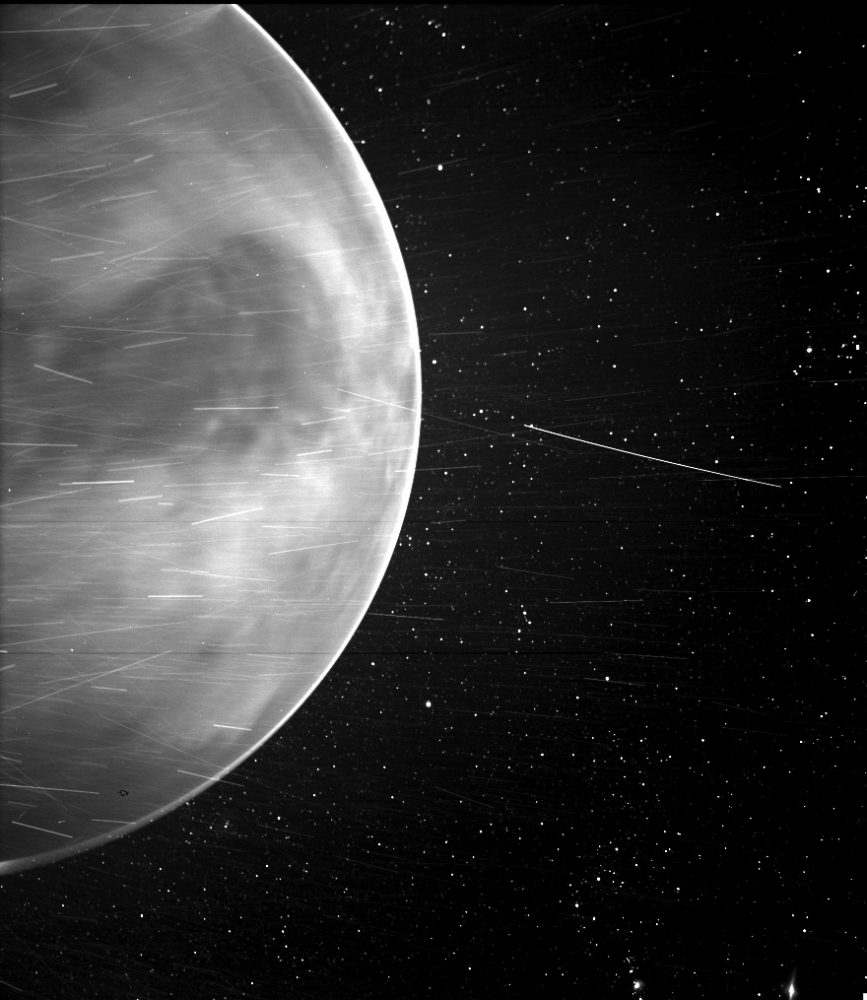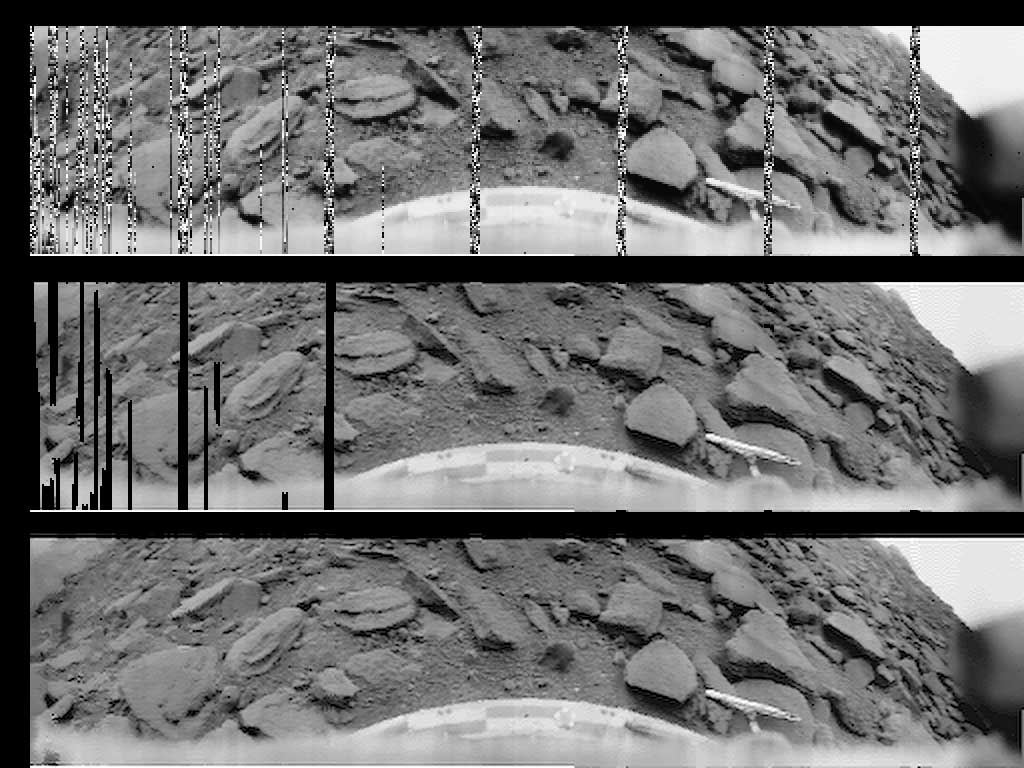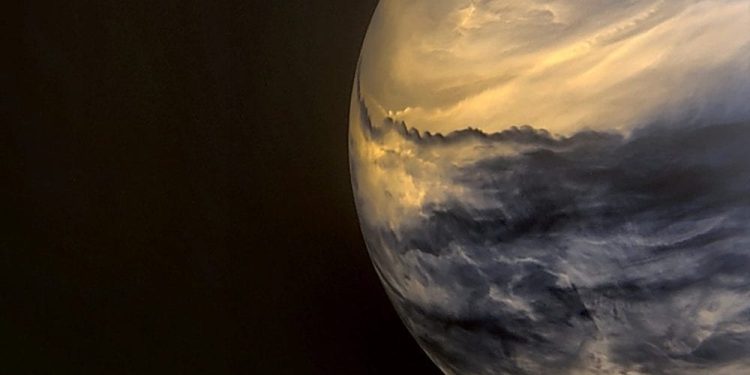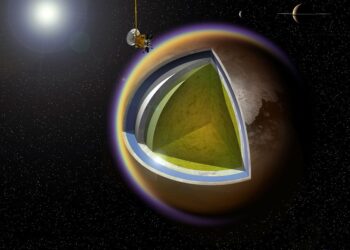For decades, Venus has been portrayed as Earth’s “evil twin,” a cautionary tale of a planet that succumbed to a runaway greenhouse effect. However, new findings suggest that this narrative might be oversimplified, if not outright wrong. Recent studies reveal that Venus may never have had liquid oceans, a prerequisite for Earth-like habitability. Instead, it seems Venus has been a dry, hostile world from the very beginning.
Dry from the Start?
Astronomers, led by Tereza Constantinou from the University of Cambridge, conducted a detailed analysis of Venus’s atmosphere and volcanic activity. Their findings point to a startling conclusion: Venus’s interior has always been devoid of significant water. By examining the chemical breakdown of water, carbon dioxide, and carbonyl sulfide in the planet’s atmosphere, they demonstrated that these molecules are replenished by volcanic activity. However, the low concentration of steam—a mere 6% at most—indicates a parched planetary interior.

This evidence aligns with surface observations showing a lack of water erosion, unlike Earth or even Mars. “Venus’s volcanic activity, coupled with its atmospheric chemistry, suggests it was never able to form liquid water oceans,” Constantinou explained. Early in its history, Venus likely had an atmosphere dense with steam. Over billions of years, solar radiation broke water molecules into hydrogen and oxygen, allowing the lighter hydrogen to escape into space. What remains today is an arid, toxic atmosphere blanketed with clouds of sulfuric acid.
Implications for Life on Venus and Beyond

Venus’s inhospitable environment may seem like a dead end for life, but its study holds immense value for astrobiology. As Constantinou notes, “Venus provides a natural laboratory for studying habitability—or its absence. This extends beyond our Solar System to exoplanets, helping us refine our search for life.” If Venus never hosted liquid oceans, planets with similar atmospheres could be deprioritized in the hunt for habitable worlds. Conversely, if microbial life exists in Venus’s sulfuric acid clouds, it could redefine our understanding of what environments can support life.

These insights also provide a glimpse into Earth’s potential future. As the Sun ages and grows hotter, our planet might face challenges reminiscent of Venus’s early days. Understanding Venus’s evolution could offer vital lessons for Earth’s long-term sustainability.
While the likelihood of Earth-like life on Venus seems increasingly remote, the possibility of alternative life forms cannot be dismissed. Organisms adapted to extreme conditions, such as Venus’s sulfuric acid clouds, would represent “life as we do not yet know it,” expanding the horizons of astrobiology. For now, Venus serves as both a warning and an inspiration, challenging scientists to think beyond traditional models of habitability.











